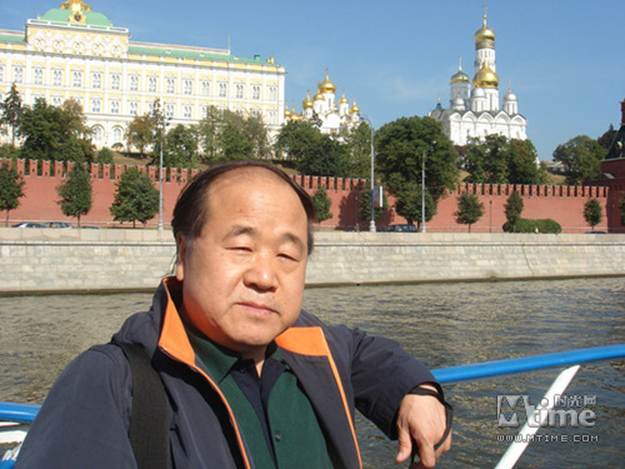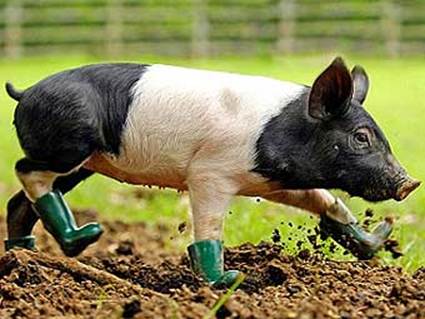“That Number Eight-eight’s a pretty good guy,” the guard remarked.
“A veteran,” the officer said. “A little too high-spirited is all. Well, nothing surprises me these days.”
“Those shitty Paradise County officials went too far, if you want my opinion,” the guard said. “The common folk don’t deserve all the blame for what happened.”
“That’s why I recommended that this one’s sentence be trimmed. They came down too hard on him, if you ask me.”
“But that’s how things go these days.”
Gao Ma approached the gate with another load of snow.
“Didn’t I tell you to take a break?” the officer asked him.
“After this load.” He headed toward the millet field.
“I hear Deputy Commissar Yu is being reassigned,” the guard said.
“I’d like to be reassigned,” the officer said wistfully. “This job stinks. No holidays, not even New Year’s, and miserable wages. I’d get out in a minute if I had someplace else to go.”
“You can always quit, if it’s that bad,” the guard noted. “Me, I’ve decided to become an entrepreneur.”
“In times like these, if you’re smart you’re an official. But if you can’t manage that, make some money any way you can.”
“Hey, where’s Number Eight-eight?” the guard asked with alarm.
The officer turned toward the field, where the sunshine made the snow sparkle with extraordinary beauty.
The watchtower siren wailed loudly.
“Number Eight-eight,” the guard shouted, “halt or I’ll shoot!”
Gao Ma was running straight into the sun, nearly blinded by its brightness. The fresh air of freedom rolled like waves over the snowy fields. He ran like a man possessed, oblivious to his surroundings, hellbent on revenge. He rose into the air as if riding the clouds and soaring through the mist, until he realized with wonder that he was sprawled in the icy snow, facedown. He sensed something hot and sticky spurting out of his back. With a soft “Jinju…” on his lips, he buried his face in the wet snow.
TRANSLATOR’S NOTE
The translator is grateful to William Tay for bringing this novel to his attention soon after its appearance in a Chinese magazine; to Joseph Lau and Xiaobing Tang for ideas and encouragements;- and to Courtney Hodell for her editorial insights and unflagging enthusiasm. The Taiwan Hung-fan 1989 edition was used, while other versions were consulted. Parts of Chapter Nineteen and all of Chapter Twenty have been revised, in conjunction with the author.
CHARACTER AND PRONUNCIATION GUIDE
Surnames (family names) always precede given names and titles (our author is Mr. Mo, not Mr. Yan). It is common in rural villages for a single surname to predominate; it is also common for rural and urban Chinese alike to address one another not by name but by family hierarchical title-Elder Brother, Aunt, Cousin-even in the absence of blood relationships. The major characters in the novel are:
GAO YANG (“Sheep” Gao): a garlic farmer
HIS WIFE XINGHUA: his blind daughter
GAO MA (“Horse” Gao): a garlic farmer
GAO ZHILENG: a parakeet raiser
GAO JINJIAO: the village boss (formally “director”)
The FANG family:
FANG YUNQIU (Fourth Uncle): head of the household
FOURTH AUNT: his wife
FANG YIJUN (also Number One, Elder Brother): his son FANG YIXIANG (also Number Two, Second Brother): his son
FANG JINJU (Golden Chrysanthemum): his daughter
DEPUTY YANG (Eighth Uncle): a local dignitary
SECRETARY WANG (Wang Jiaxiu): the local party boss
YU QIUSHUI: a peasant
ZHANG KOU: a blind minstrel
The proximate pronunciation of modern Chinese has not been materially aided by the pinyin (“spell-sound”) system. For the most part, the key is in the vowels:
Mo Yan



